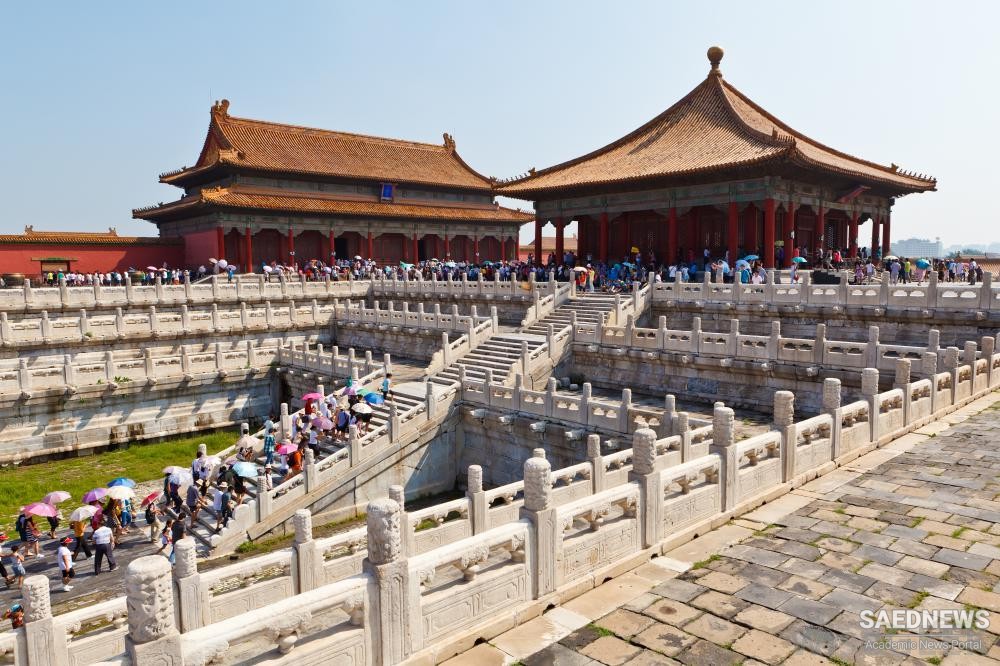When we know what the needs of the visitor, the presenter and the item, are, we can seek to satisfy them in an appropriate manner. A phenomenon, apparently particular of our times, which Gilbert Adair has highlighted in the title essay to his collection The Post-Modernist Always Rings Twice, is that of our current strong disposition to be satisfied with a secondhand cultural experience. This is armchair travel. As I shall suggest, the syndrome has considerable implications in regard to the appropriate management of cultural tourism. After all, there are few of us who are denied access to an armchair and sitting reading about, or looking at pictures of, a subject; and in doing this there is little harm we could do to that subject. Another phenomenon is now emerging. Cultural tourism, by virtue of ascending to such a mighty position in society, is in many quarters of the world being foisted with agenda other than those of its own discipline. The importance of tourism to so many has been noticed. In Egypt, which in 1992 expected over 2 million visitors, a ‘campaign of terror’, set in motion with ‘explosions at Karnak Temple’, has been begun by religious fundamentalists against tourists visiting sites along the Nile. Their chilling message was reportedly that ‘The security of tourism is tied to our security in spreading the message of Islam.’ Already there has been death and injury. As has been stressed already, we are searching for ways to manage suitably a new, dynamic and high-profile situation. It will not be easy to handle this effectively and appropriately. The process of learning will be continuous and so, by association, must be the processes of educating and training. The need to manage cultural tourism appropriately is right up in front of us now. We must positively look for a new way forward. The opportunity is marvellous, but the responsibility is terrific. In Britain, a Task Force was requested in 1990 by the Secretary of State for Education to look into tourism and the environment. The resulting report outlined a number of ‘Principles for Sustainable Tourism’, among them that Tourism should be recognised as a positive activity with the potential to benefit the community and the place as well as the visitor.


 Heritage Tourism, Enigmas of Localism and the Perspective of a Wider Cultural Horizon
Heritage Tourism, Enigmas of Localism and the Perspective of a Wider Cultural Horizon














































